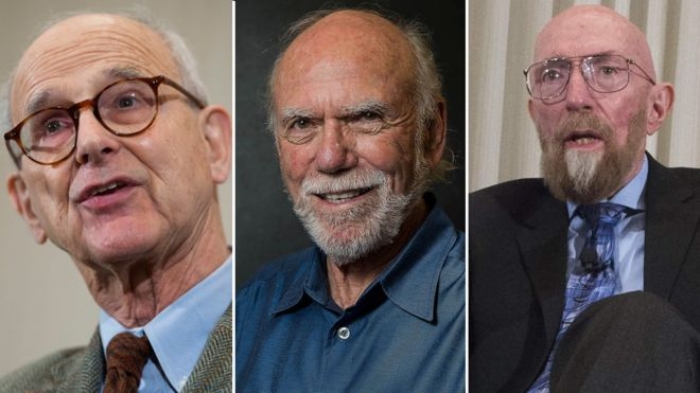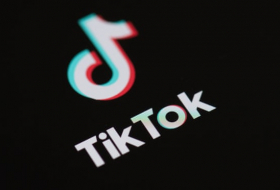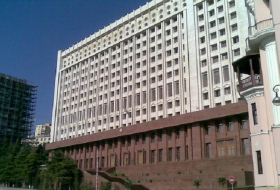Einstein's waves win Nobel Prize

The ripples were predicted by Albert Einstein and are a fundamental consequence of his General Theory of Relativity.
The winners are members of the Ligo-Virgo observatories, which were responsible for the breakthrough.
The winners join a prestigious list of 204 other Physics laureates recognised since 1901.
Prof Weiss gets half of the prize money, while Barish and Thorne will share the other half.
Gravitational waves describe the stretching and squeezing of space-time that occurs when massive objects accelerate.
The warping of space resulting from the merger of two black holes was initially picked up by the US Ligo laboratory in 2015 - the culmination of a decades-long quest.
Speaking at a press conference, Olga Botner, from the Royal Swedish Academy of Sciences, said: "The first ever observation of a gravitational wave was a milestone - a window on the Universe."
The US Ligo and European Virgo laboratories were built to detect the very subtle signal produced by these waves.
Even though they are produced by colossal phenomena, such as black holes merging, Einstein himself thought the effect might simply be too small to register by technology.
But the three new laureates led the development of a laser-based system that could reach the sensitivity required to bag a detection.
The result was Ligo, a pair of widely separated facilities in North America: one observatory is based in Washington State, while the other is in Livingston, Louisiana.
The European side of the gravitational wave collaboration is based in Pisa, Italy.
Speaking over the phone at the Nobel announcement in Stockholm, Rainer Weiss said the discovery was the work of about 1,000 people.
But the Nobel trio's contribution is also regarded as fundamental.
Weiss set out the strategy that would be needed to make a detection.
Thorne did much of the theoretical work that underpinned the quest.
And Barish, who took over as the second director of Ligo in 1994, is credited with driving through organisational reforms and technology choices that would ultimately prove pivotal in the mission's success.
Catherine O'Riordan, interim co-chief executive of the American Institute of Physics (AIP), said: "Weiss, Barish and Thorne led us to the first detection of gravitational waves and laid the foundation for the new and exciting era we officially entered on September 14, 2015 - the era of gravity wave astronomy."
Many commentators had gravitational waves down as a dead cert to win last year, but the Nobel committee has always been fiercely independent in its choices and has made everyone wait 12 months.
Had the prize been awarded last year, it is very likely that the Scottish physicist Ron Drever would have shared it with Weiss and Thorne.
The trio won all the big science prizes - apart from the Nobel - in the immediate aftermath of the first detection in 2015.
But Drever died in March this year and Nobels are generally not awarded posthumously.
The Scotsman developed some of the early laser systems at Glasgow University before taking this knowledge to Caltech in California.
Glasgow remains the UK hub for the big British contribution to Ligo. Its Institute for Gravitational Research designed and built the suspension system that holds the ultra-still mirrors used in the US and Italian labs.














-1741770194.jpg&h=190&w=280&zc=1&q=100)






-1741765030.jpg&h=190&w=280&zc=1&q=100)

























